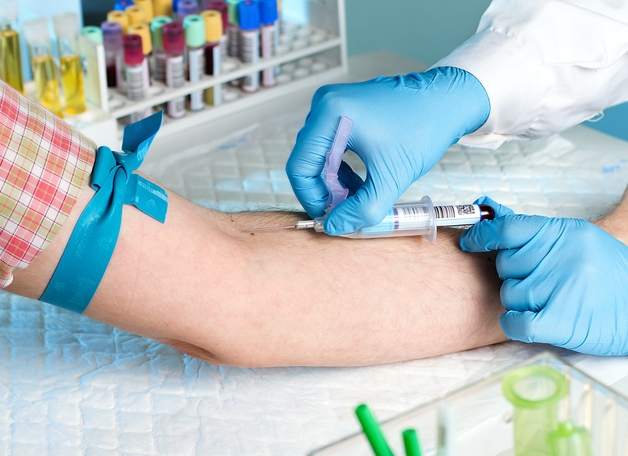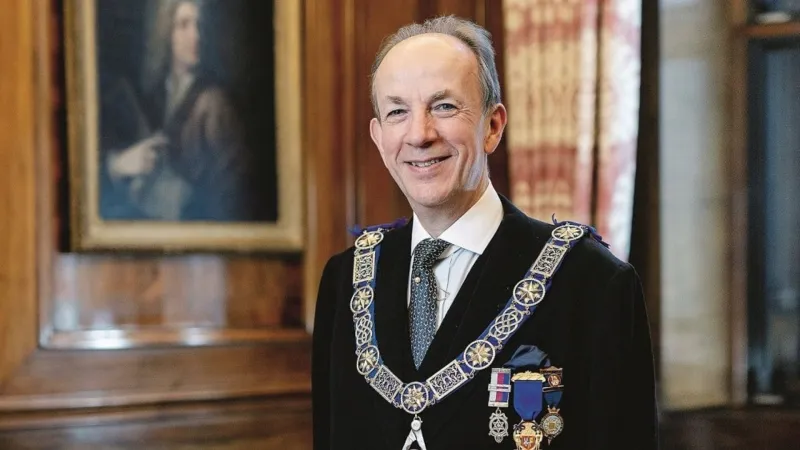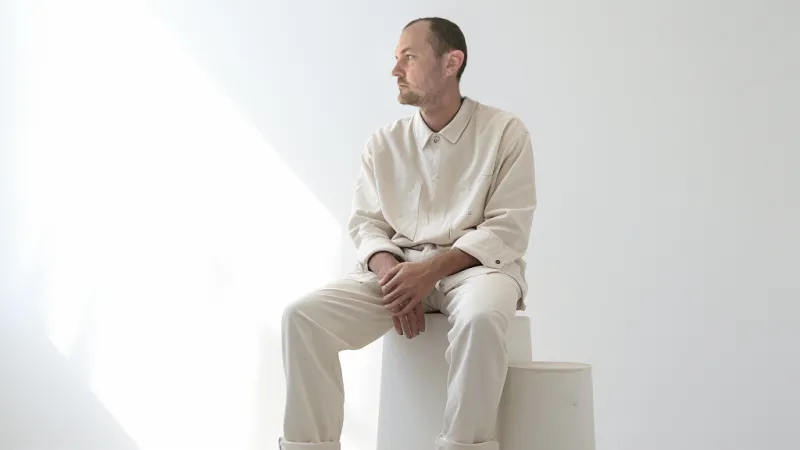
A Lincolnshire Freemason who's just undergone surgery to correct an aggressive form of prostate cancer has offered to talk about his experience to anyone who may find themselves in the same position.
Paul is a member of Vermuyden Lodge in Crowle, North Lincolnshire, and made the offer only days after his own operation. Still feeling a little sore and uncomfortable but resting at home, he says the procedure went well, and his stats are good.
However, with 200 Lincolnshire Freemasons having come forward for testing by the CHAPS charity on the day of the Province's Provincial Grand Chapter and Grand Lodge meetings, Paul thinks it's not out of the question that someone else has found themselves in his position. He said:
"Clearly, I have no specific information about the results of the Lincolnshire testing session, which are highly confidential, but with 200 tests having taken place, statistically, there could be another sufferer like me. If talking to me about my experience would help that person, then I'd be happy to have a chat in complete confidence. Send me an email to [email protected]."
Paul said members who hadn't been tested should insist their GPs do it for them.
"Quite a number of brethren have told me that doctors refuse to do a test unless you've got symptoms, but patients need to insist. I had no symptoms whatsoever, but I still had prostate cancer ...and mine was aggressive even though my prostate was not enlarged. If I'd not been tested, I could have slipped through the net."
Paul had championed PSA testing in his own Lodge ahead of his second year in the Chair, challenging every member of the Lodge to get themselves tested.
"I counted myself in that, even though I had no symptoms. Imagine how shocked I was to find that my test revealed I was suffering from an aggressive form of Prostate Cancer and needed surgery as a matter of urgency. I'm so pleased I had the test, which showed up the problem and got it sorted as a result. Leaving it could have had disastrous consequences."
Prostate Cancer is the most common cancer in men, with more than 52,000 diagnosed with it every year – and someone dying from it every 45 minutes. But it can be treated if caught early enough, of which Paul is the living proof. Testing starts with giving a blood sample for a PSA test, which measures the levels of a particular protein in the blood, results of which could indicate the need for further investigation – or provide an 'all clear'.


